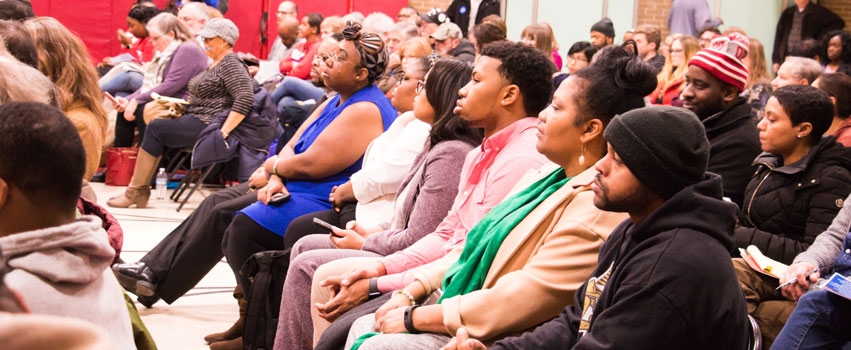The Game of First-Time Home Buying

Buying your first house can be like playing the game of Life. It requires big decisions that can affect you financially, but you don’t have to go it alone. Many good-hearted people will want to give you advice. Choosing an experienced Realtor® and the right mortgage program and mortgage broker are the keys to winning your first home.
In their excitement, many first-time home buyers start looking at houses before knowing what they can afford. Stop: don’t do it! The disappointment of missing out on a house you love or focusing on ones you can’t afford is a tough hurdle to get over.
Start by visiting 309MLS.com and researching Realtor profiles. Interviewing two or three Realtors is a great way to see who is the right fit for you. A good one will guide you through the entire buying process, including negotiating the best price. But just like Monopoly, purchasing a property needs to be done in the right order. An experienced Realtor knows this and will make the process as smooth as possible—so you can focus on moving day.
Next, find a local lender (your Realtor can help) and ask lots of questions about the do’s and don’ts of smart financing. Online lenders might sound easy, but can you walk into their office if you need help? Remember: there is more to getting a home loan than downloading an app. Having a conversation about your options in person (before passing Go) is time well spent. Compare the interest rates of each lender, and don’t hesitate to ask them to explain the closing costs. These can vary and will impact you financially over the life of the loan—30 years for a typical mortgage! Your credit score can make or break buying a house; be sure to keep the status quo in your finances from pre-approval to closing.
Budgets are key. Make sure you have money set aside for incidental expenses and maintenance issues that come up as a homeowner. Having three to six months of living expenses in an emergency fund is a must. Putting 20 percent down may save you from paying for private mortgage insurance, but depleting your emergency fund or dipping into your retirement savings may be riskier in the long run. Ask your lender about other loan programs that require less of a down payment. Your Realtor may also have information about down payment assistance grants; taking advantage of low- or no-cost options available to first-time home buyers can be quite significant.
Location, location, location! Do your research before you begin to move around the home buying gameboard. Asking friends and family how they selected the location of their first home is a great way to get started. Of course, there are endless resources on the internet, including neighborhood associations, law enforcement agencies (for crime statistics) and FamilyWatchDog.us (for registered sex offenders).
Even if you don’t have kids, the game of life may change, making schools a more important factor later—or to the person you sell your house to down the road. Most school district report cards, along with a menu of their scholastic, sports and arts programs, are available online. And one of the best ways to learn about a neighborhood is to visit at different times of the day to experience the overall vibe. Don’t be afraid to stop and ask a resident about their neighborhood—they have a wealth of information and aren’t usually shy about sharing it.
The key to any successful investment is a clear plan, realistic finances and knowledgeable professionals to assist in winning the game. PM
